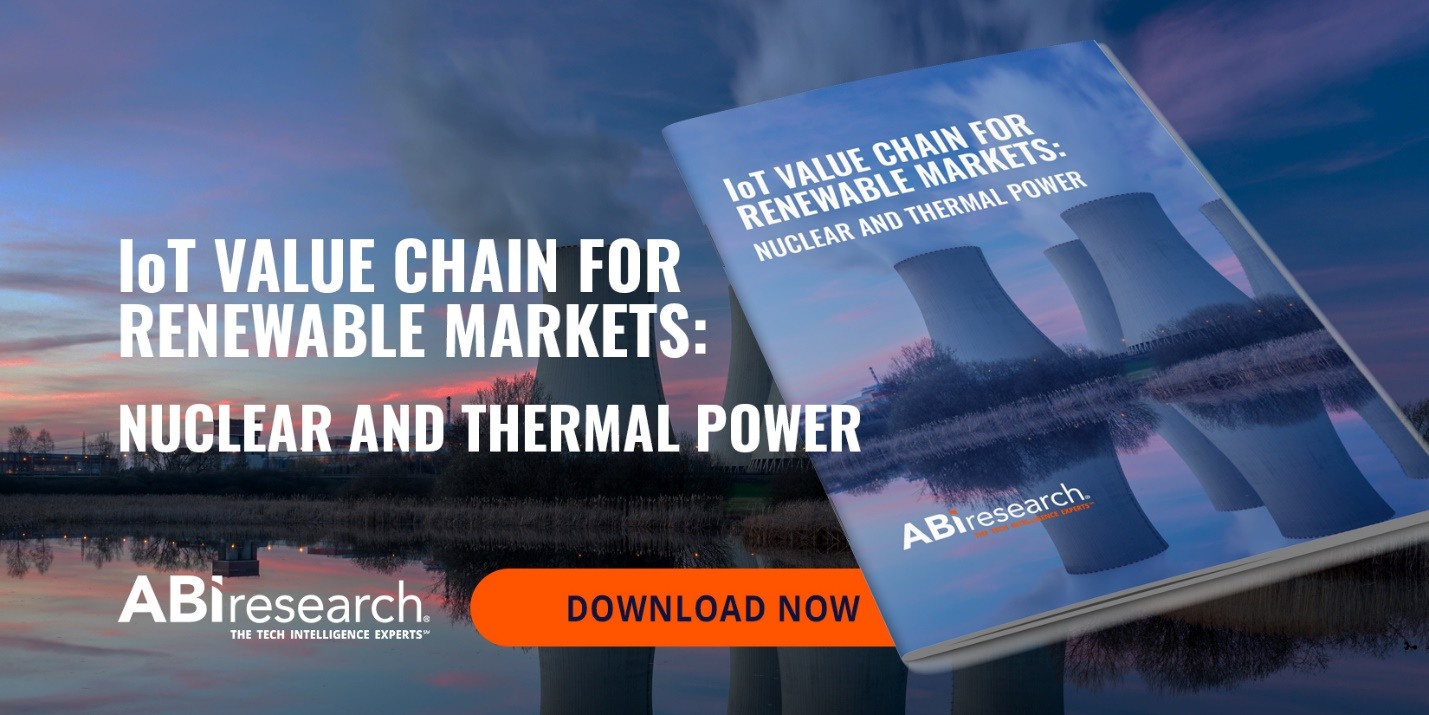It’s hard to think of sustainability without renewable energy popping into your head. With the United Nations (UN) calling for global renewable energy investments to triple annually by 2030, hydropower will undoubtedly play an immense role in the future of green energy. While solar and wind are commonly brought up in discussion, they need some serious support because they are fluctuating energy sources that often can’t keep up with demand. From the Internet of Things (IoT) sensors to analytics tracking, there are plenty of tech vendors available to meet your organization’s needs when it comes to producing hydropower. To gear up for the digital transformation of green energy, let’s take a look at five vendors that can help you improve the efficiency of your Hydropower Plant (HPP).
Hydropower Vendor #1: General Electric
To start things off, General Electric (GE) is the leader in providing IoT technologies in the hydropower domain. Recently, the company signed a 14-year deal with the world’s second-largest hydroelectric plant, which provides energy to 11% of Brazil’s population and almost 89% of the citizens of Paraguay.
GE’s key offerings include sensors, data acquisition, data capture and collection, data management services, predictive analytics, and an environment for software development. These features are designed around GE’s proprietary software called Hydro Asset Performance Management (APM), which comes with additional services and advanced control functions.
The overall market leader for hydropower IoT digital transformation is GE based on a high number of hydropower clients around the world.
Hydropower Vendor #2: Akselos
Simulation engineering firm Akselos helps companies in upstream, downstream, and offshore wind sectors using real-time data collected from sensors. Design teams will be delighted with the streamlined process that Akselos brings, while upper management will find the company’s asset management features impressive. The idea behind the simulation software is to test new processes and operating scenarios before making long-term decisions, which improves the life span of plant assets.
The company is credited with creating the very first structural digital twin of a hydroelectric power station when it did so for Irish electricity company ESB in 2019. With the digital twin deployment, ESB gained a full understanding of its level of safety and successfully avoided a very costly renovation of the main water distribution system.
Hydropower Vendor #3: Atos
Atos’ Codex AI Suite analyzes data from plant sensors and meteorological forecasts to optimize the performance of hydroelectric assets. Insights that combine data from smart meters, mobile communication, and IoT devices can also help utilities adhere to regulations and create new services for customers.
There’s also the Codex Private IoT platform offered to utilities. Powered by Siemens’ MindSphere platform, this solution enables organizations to set up a private cloud infrastructure for managing IoT applications.
Hydropower Vendor #4: Enel Green Power
Managing more than 54 Gigawatts (GW) of renewable energy, Enel Green Power holds the position as the world’s largest company operating in the renewable energy sector. Hydroelectric power plants can utilize the company’s Predictive System and Analytics for Global Hydro Operation (PresAGHO) to identify problem areas and failures at the power plant. Using numerous data points from sensors, Enel’s preventive maintenance solution empowers plant operators to service equipment and other assets before a deficiency materializes.
Hydropower Vendor #5: Hydrotech
In addition to manufacturing high-grade products like hydraulics, generators, and IoT devices, Hydrotech helps improve hydropower operations with the following industrial professional services:
- Component Repair: When a component like a pump or a valve needs to be repaired, customers can expect an average 3-day turnaround time, which minimizes downtime and loss of productivity.
- Retrofitting Legacy Assets: Hydrotech retrofits legacy hydroelectric power plant equipment like generator stations and turbines.
- Construction Services: Companies undergoing projects can leverage Hydrotech construction services, which include project management, supervision, and construction mechanical/electrical labor services.
- Consulting Services: Asset condition assessment, maintenance and overhaul prognosis, preventative maintenance, contract monitoring, and specification development are promised when using Hydrotech consulting services.
Abandoning Old Ways
Historically, hydropower operators have relied on scheduled maintenance and technical support, instead of being more proactive about asset management. The future will be very different whereby technologies like predictive maintenance tools and data analytics will commonly be used to get out in front of equipment failures in real time, optimize the usage of assets, and enhance dam safety. Adding to that, digital twins can simulate plant conditions and designs, further improving hydropower plant efficiency.
The digital transformation of the hydro markets isn’t a matter of preference, it’s a necessity. Plant operators that are slow to adopt innovative technologies will find themselves at a disadvantage in terms of both operational competency and even their inherently green initiatives (e.g., preventing ecosystem harm from plant construction).
If you’d like to learn more about how to improve your hydropower plant efficiency with technology, download ABI Research’s IoT Value Chain For Hydro and Nuclear Energy Markets research report. This research is part of the company’s IoT Networks & Services Research Service.

